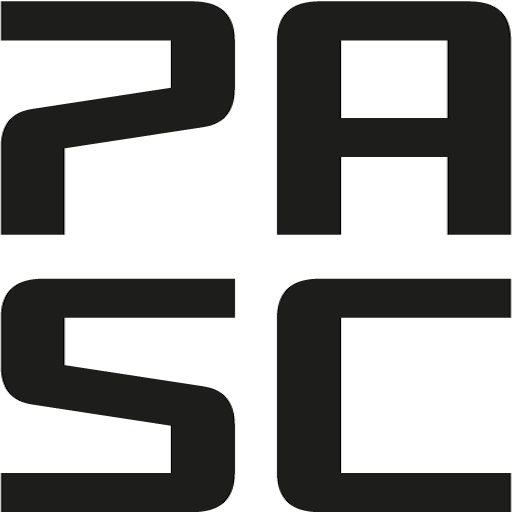The minisymposium submission for PASC22 is a two-stage process. The first stage is anexpression of interest, which includes a description of the proposed minisymposium (abstract) and suggestions for possible speakers who are experts in their field(s). The expressions of interest will be reviewed by the Minisymposia and Posters Program Committee. A selection of expressions of interest will be invited to submit a full proposal.
The review process will consider the relevance and timeliness of the proposal topic, as well as overall program balance.
The second stage, the full proposal, should include an extended abstract along with the names of possible speakers and presentation titles for four 30-minute presentation slots (typically, these slots are 25-minute talks with 5 minutes for questions). The minisymposium organizer is permitted to give one of the four presentations themself. If desired, the fourth 30-minute slot could be a panel discussion or open discussion forum. Please note that until final decisions are made, submissions should be considered as proposals, and no guarantees should be made by organizers to speakers named on their proposals.
The organizer of a minisymposium takes an “active chair” role in their session – that is, they should present a brief overview of the themes of the minisymposium and the state of the art, introduce the speakers and their topics, and facilitate a lively and interactive discussion amongst the speakers and audience throughout the session.
Guidelines for minisymposia and conference participation terms are available here.
Submission Deadlines
- 13 November 2021: Deadline for expressions of interest (NO EXTENSIONS!)
- 15 December 2021: Decision notifications (invitations to submit full proposals)
- 15 January 2022: Deadline for full submissions (NO EXTENSIONS!)
- 15 February 2022: Acceptance notifications
- 15 March 2022: Deadline for abstracts from presenting speakers
Minisymposium and Posters Program Committee
PASC22 is grateful to the following committee members for their support in shaping the conference program.
- Takayuki Aoki (Tokyo Institute of Technology, Japan)
- Marc Baaden (CNRS, France)
- Ramesh Balakrishnan (Argonne National Laboratory, US)
- Allison Baker (National Center for Atmospheric Research, US)
- Eleni Chatzi (ETH Zurich, Switzerland)
- Luigi del Debbio (University of Edinburgh, UK)
- Nicola Ferrier (Argonne National Laboratory, US)
- Mike Heroux (Sandia National Laboratories, US)
- Marina Krstic Marinkovic (ETH Zurich, Switzerland)
- Felix Kubler (University of Zurich, Switzerland)
- Margarete Jadamec (The State University of New York at Buffalo, US)
- (Xiaoye) Sherry Li (Lawrence Berkeley National Laboratory, US)
- Erik Lindahl (Stockholm University, Sweden)
- Nuria Lopez (Institute of Chemical Research of Catalonia (ICIQ), ES)
- Mathieu Luisier (ETH Zurich, Switzerland)
- Rajat Mittal (John Hopkins University, US)
- Robert Pincus (Columbia University, US)
- Matej Praprotnik (National Institute of Chemistry, Slovenia)
- Patrick Sanan (ETH Zurich, Switzerland)
- Ivo Sbalzarini (TU Dresden, Germany)
- Antonino Tumeo (Pacific Northwest National Laboratory, US)
- Wim van Rees (Massachusetts Institute of Technology, US)
- Julija Zavadlav (TU Munich, Germany)
